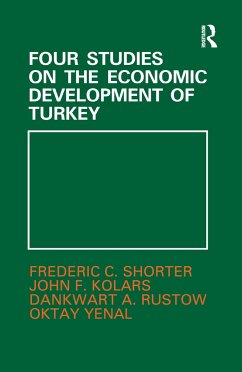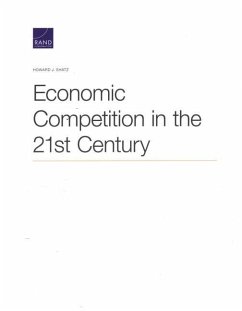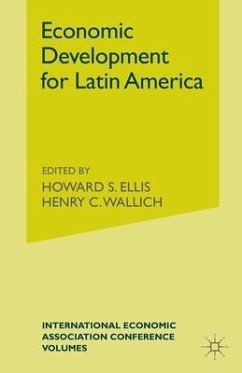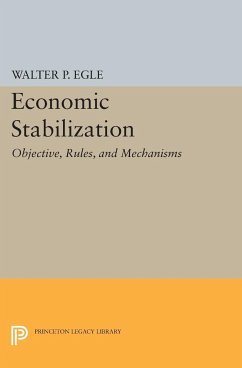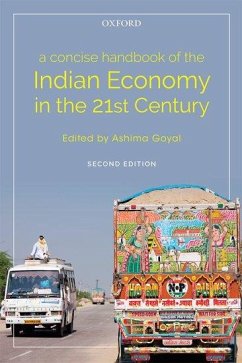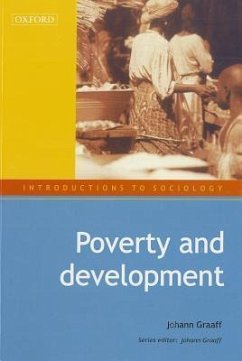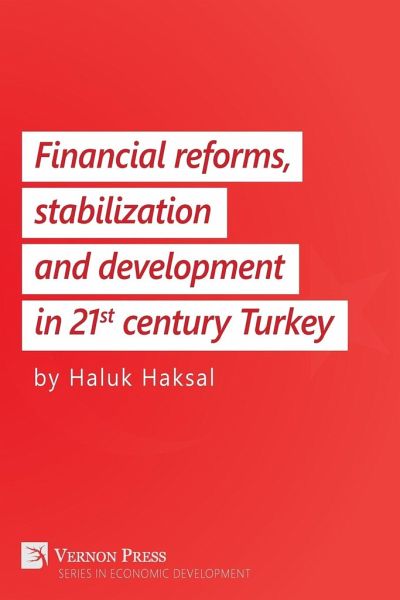
Financial Reforms, Stabilization and Development in 21st-Century Turkey

PAYBACK Punkte
27 °P sammeln!
How should a state-led developing country manage the transition to a market-driven economy? What are the prerequisite financial market reforms? How can local institutions facilitate or hinder the process? Combining economic theory, international evidence and an in-depth study of the case of Turkey, this book provides informed answers to these challenging questions. Additionally, it provides a framework for explaining divergence from desired outcomes. The book begins by tracing the roots of Turkey's traditionally unstable economic performance. A pattern emerges of weak institutions and politica...
How should a state-led developing country manage the transition to a market-driven economy? What are the prerequisite financial market reforms? How can local institutions facilitate or hinder the process? Combining economic theory, international evidence and an in-depth study of the case of Turkey, this book provides informed answers to these challenging questions. Additionally, it provides a framework for explaining divergence from desired outcomes. The book begins by tracing the roots of Turkey's traditionally unstable economic performance. A pattern emerges of weak institutions and politically-driven economic management. The Turkish case shows that though internationally accredited development policies can offer useful guidance to policymakers, they constitute only the initial phase of an effective transition. Their implementation must be accompanied by a domestic commitment to achieve a de-politicized and development-oriented institutional framework. The book explores the complex relationship between economic instability and structural reforms in an emerging economy. It also investigates why development policies proposed to developing countries have not always been successful. It is a story of how institutions developed in one part of the world became adopted and adapted in other parts of the world, each time with tensions and difficulties. It is an on-going story of global inter-cultural institutional transfer, of cautiously identifying best practices, adopting norms and standards in a gradual process of trial and error. This book tells the story from the perspective of Turkey. It analyzes the role that Turkey's domestic policy has played in this process from 1980 onward (with some flashbacks to earlier times when appropriate) with special reference to the premature deregulation of its financial markets. It closely examines the financial reforms undertaken by Turkey as it moved towards EU membership, with particular focus on central bank monetary policies. Using country risk scores published by independent rating agencies and other metrics in the post-institutional reform period, an attempt is made to assess the success of institutional reform. It is the first book-length study examining the financial reforms Turkey undertook in its path towards EU accession. This unique work will be of interest to economists and other experts in financial history, (de)regulation, institutional economics and economic development, as well as a broad range of scholars interested in the dramatic transformation of Turkey's economy and society in the 21st century.





